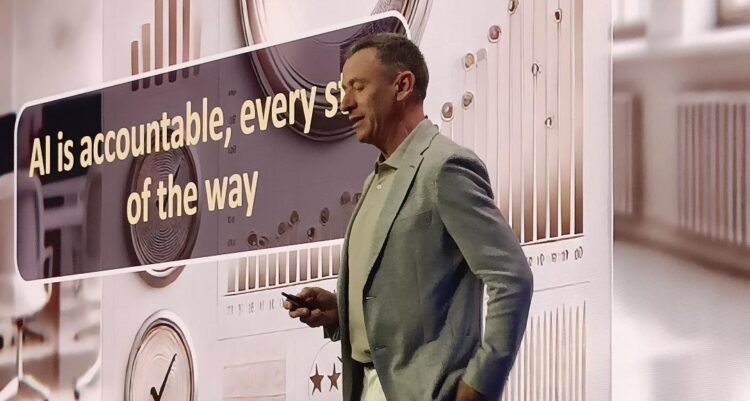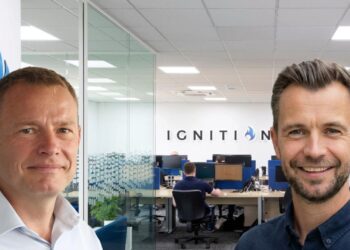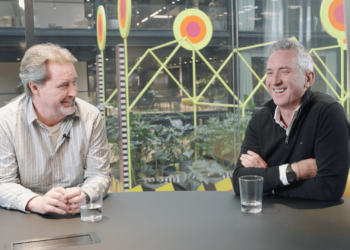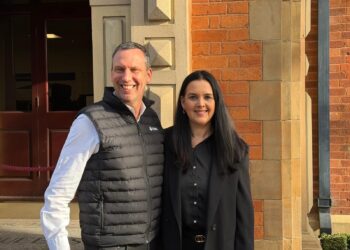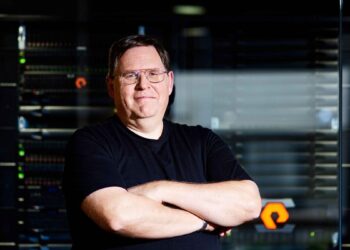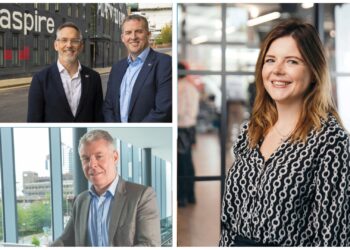The IT industry has “made a huge mistake” by favouring meaningless, long-term sustainability targets over short-term action, Canalys Founder Steve Brazier has argued.
In his opening keynote at Canalys Forums EMEA in Berlin this week, Brazier urged those present to set short-term goals on ESG, “whatever the consultants tell you”.
“We’ve made a huge mistake, which is that all the big companies now have to write corporate sustainability reports [where they] make 20-years projections about how their businesses develop,” the Informa Fellow said.
“We don’t know if our businesses will exist in three years or five years.”
Circular IT market shaping up
Impetus is building around circular IT, Brazier said, however, highlighting takeback and refurbishment as a rare growth opportunity for channel partners in what he warned earlier in his keynote was an otherwise flat market.
“We should have a mission to take back every single thing we sell via distribution or the manufacturers, and the manufacturers need to come to terms with the fact that this will hurt their sales of new goods,” he said.
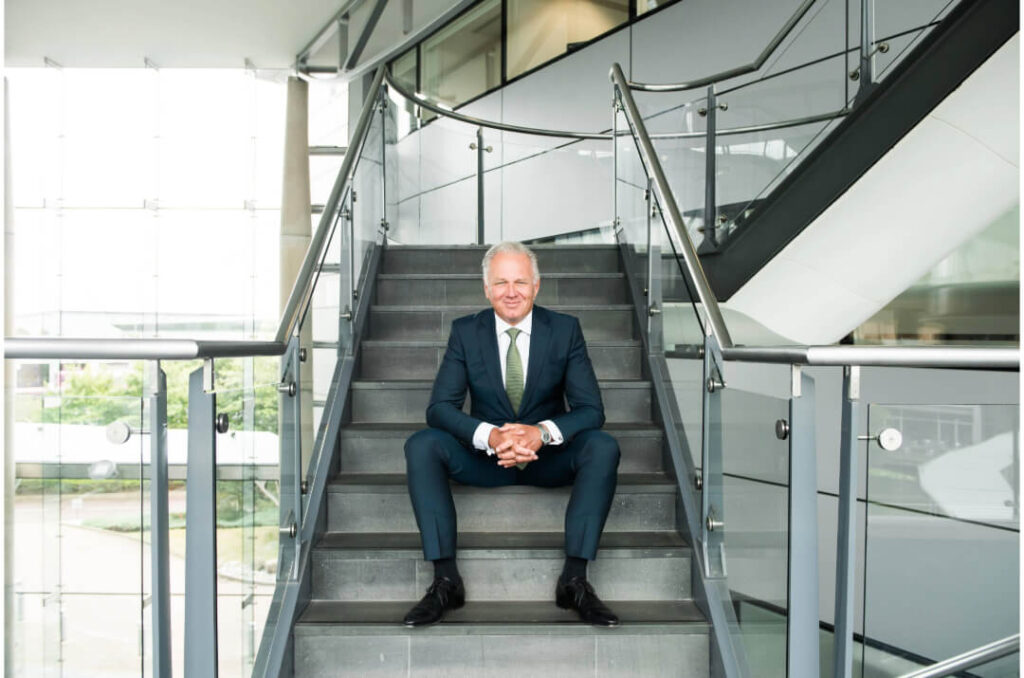
In April, Computacenter CEO Mike Norris told IT Channel Oxygen that his new 1:1 device recovery target was motivated by him wanting to set a more “practical, sensible” goal he can “affect”. The LSE-listed giant is one of several large channel partners investing heavily in circular IT, as explored by IT Channel Oxygen’s Second Life Hub.
Reaching net zero on Scope 3 is “a way away, and you and I might not be doing this by then”, Norris pointed out.
Norris’ sentiments were echoed by Brazier.
“If a politician goes onto a podium and says ‘in 20 years our country will mean this’, you know you can ignore them, because they won’t be in power and probably won’t be alive,” Brazier said.
“It’s the same for businesses, but even more so.
“What are you going to do this year that was different to last year? What are you going to do next year that’s different to the last year? And forget all this nonsense that’s been published.”
“We have not performed well this year”
More broadly, industry efforts on sustainability and DEI have stalled over the last 12 months, attendees of the event were told.
In her keynote, Canalys Principal Analyst Elsa Jasmine Nightingale branded AI “the biggest existential crisis I have ever seen in my career in corporate sustainability”, stressing that entering a query into ChatGPT uses 866% more energy than a Google search.
Datacentre emissions are likely 662% higher than current estimates, she added.

It has also been a “bad year” for DEI, Nightingale added.
“We’ve seen lots of the vendors slash their DEI teams entirely, or cut them. We’ve also seen some [vendors] slashing incentives for their C-Suite to advance DEI,” she said.
On a positive note, Nightingale said the number of partners with no women in their senior management has fallen by six percentage points to 19%.
“There are some positives, but the key message is we have not performed well on [ESG] this year. But let’s spin it… there’s significant room for innovation here, and I look forward to seeing what we all do with this in the next year,” she concluded.
Doug Woodburn is editor of IT Channel Oxygen


